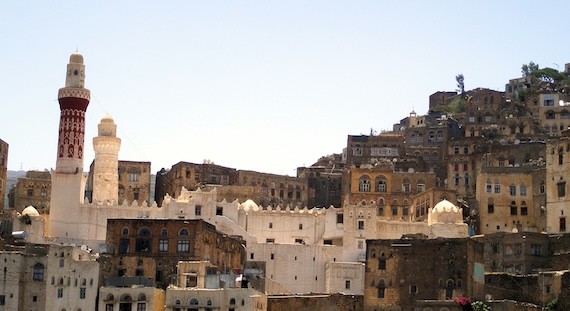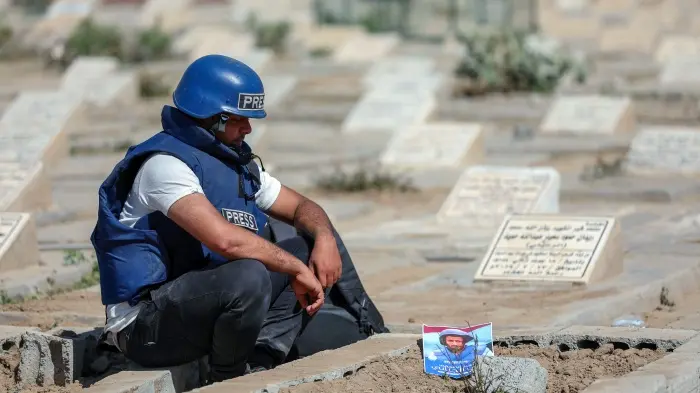
Yemen: Journalists Under Assault Systematic Violations Threaten Media Freedom
September 14, 2025
Strengthening Democracy through Media Freedom in Jonglei State, South Sudan
September 15, 2025A new report by Human Rights Watch details widespread and ongoing violations of press freedom in Yemen, where all sides of the conflict, the Houthis, the Southern Transitional Council (STC), and the internationally recognized Yemeni government, have engaged in severe abuses against journalists and media workers.
From 2014 onward, warring parties have routinely arrested, disappeared, tortured, harassed, or killed journalists simply for doing their jobs. Among the documented abuses are arbitrary detentions without charge, enforced disappearances, physical and psychological torture, and sentencing in military or specialized courts under false or vague charges.
One striking account recounted by HRW involves journalist Abdelkhaliq Emran, detained by the Houthis for years, who was subjected to “immense psychological and physical torture” including beatings with rods, electric shocks, suffocation, and threats of execution. Authorities explicitly used torture as a deterrent — described in harrowing terms such as “We pray to God by torturing journalists.”
The abuses not only affect journalists themselves. In many cases, family members are detained, threatened, or tortured to coerce journalists into self-censorship or forced confessions. Institutional suppression is another theme: media outlets are seized, shut down, or hijacked by authorities. Independent media organizations have been replaced by outlets aligned with controlling parties or blocked entirely in certain territories.
Specific, recent cases are highlighted:
- Mohammed al-Mayahi was disappeared in 2024 by Houthi forces and later convicted on vague charges after months of detention and lack of legal oversight.
- Ahmed Maher and his brother Mayas were detained by STC forces, tortured, coerced into a confession under threat to their family, deprived of legal representation, and subjected to forced video proclamations.
- Naseh Shaker, a freelance journalist, disappeared in 2023; his whereabouts were denied by authorities while legal proceedings continued without access for his family or lawyers.
HRW warns that the chilling effects of these abuses are widespread: many journalists now self-censor, use pseudonyms, or flee the country altogether. The erosion of journalistic independence is also institutional: buildings, offices, and syndicates are seized, and legal frameworks are used to intimidate rather than protect.
The report calls on all Yemeni authorities to halt the use of torture, ensure accountability, release the arbitrarily detained, restore seized media institutions, and guarantee freedom of expression in law and practice. It also urges international bodies and states supporting Yemeni actors to press for these changes.
Reference –

